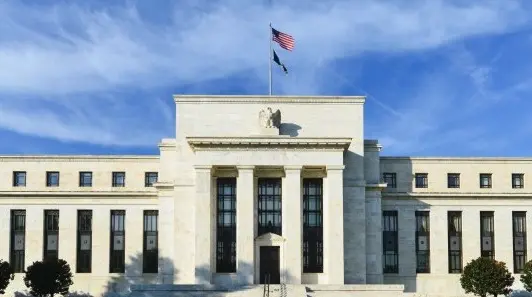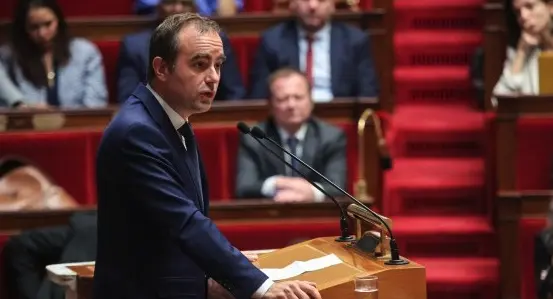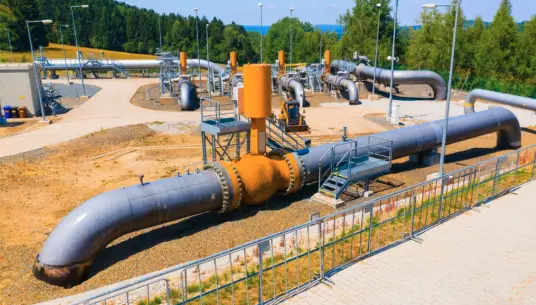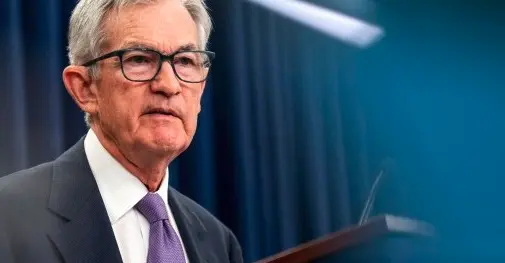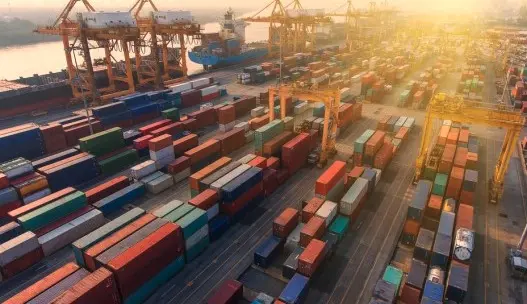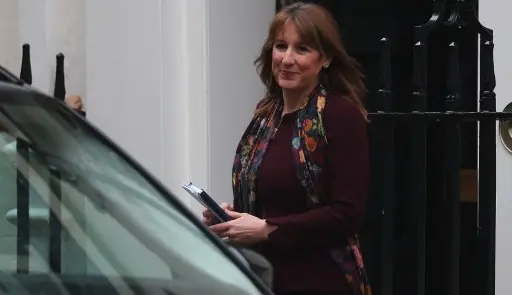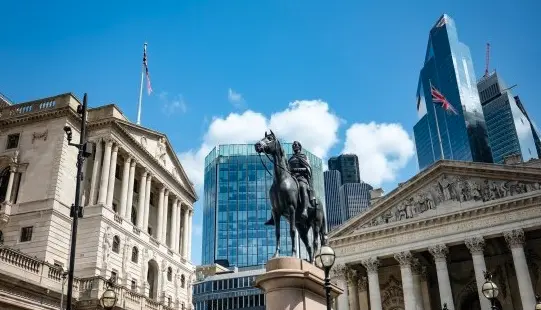Visa is a global market leader, but at what cost?

In this article:
- 60% transaction were made by Visa
- Lawsuit against Volkswagen
- Global growth
60% transaction were made by Visa
Costing from credit/debit cards has become commonplace. Card payments are not only convenient, but also fast. In the queue at the store, instead of waiting for the rest or looking for the right denominations, it is more convenient to apply the slices.
Americans and others are increasingly using plastic to spend money, allowing Visa to increase its dominance in the credit and debit card space.
According to a 2020 report by HSN Consultants, people in the US spent $6.7 trillion using credit and debit cards, an increase of 88% compared to 2009. Of these transactions, more than 60% were made with Visa cards. Visa has become one of the most valuable companies in the world.
However, some retailers say Visa's success has come at the expense of merchants who rely on them to process payments. Some even claim that Visa's fees are too high.
So there is a thought that Visa has gained success at the expense of small businesses.
Read next: The Fight For Evidence Concerns A DoJ Lawsuit Filed Against Google| FXMAG.COM
Lawsuit against Volkswagen
A German court on Friday dismissed farmer Ulf Allhoff-Cramer's lawsuit against Volkswagen. The case, similar to another filed by two Greenpeace bosses and climate activist Clara Mayer, required Volkswagen to stop producing fossil fuel-emitting cars.
Ulf Allhoff-Cramer has alleged that its carbon emissions may be causally related to droughts and other climate changes, which it claimed were damaging.
Global growth
Growth will remain weak by historical standards as the fight against inflation and Russia's war in Ukraine take a toll on activity.
Despite these headwinds, the outlook is less gloomy than in IMF’s October forecast. The global economy is expected to slow down this year, only to pick up again next year.
Growth proved surprisingly resilient in the third quarter of last year, with strong labor markets, solid household consumption and business investment, and a better-than-expected adaptation to Europe's energy crisis. Inflation also showed an improvement.
A positive signal comes from the second largest economy in the world. India remains a bright spot. Together with China, it will account for half of global growth this year. China's abrupt reopening paves the way for a rapid recovery in activity.
It is worth remembering that the war is still a problem. The escalation of the war in Ukraine remains a serious threat to global stability, which could destabilize energy or food markets and further fragment the global economy




